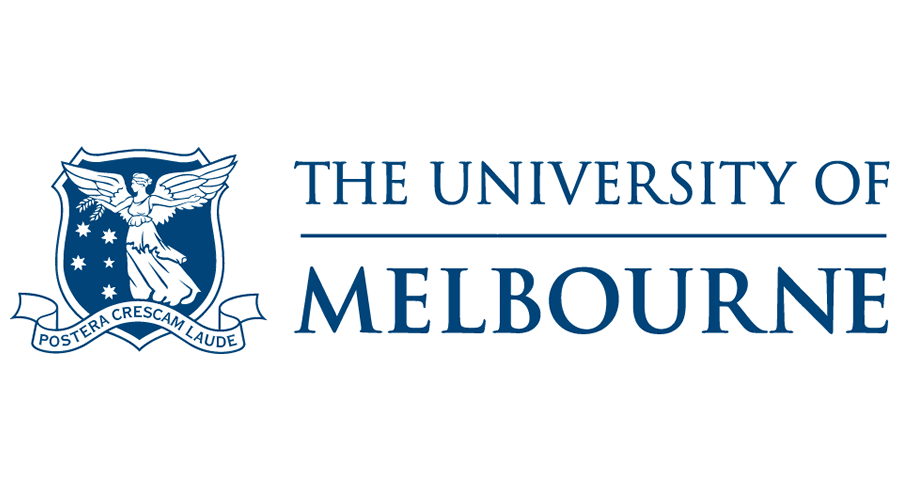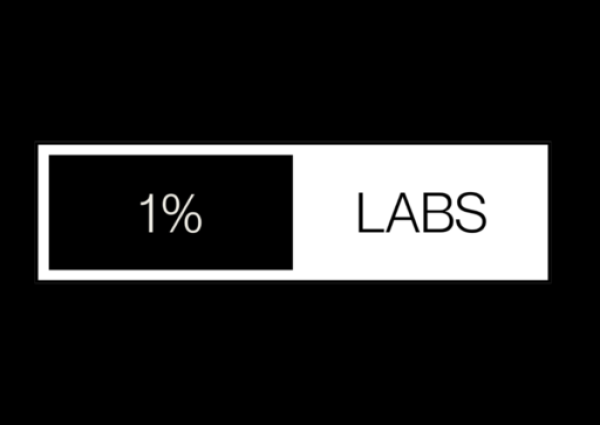Student Offer (Limited Time)
$79.95 AUD
✅ Lifetime Access
✅ All Future Updates
✅ First Access to Community
Get in now and be part of the NeuroStudyLabs 1% — the students who decided to stop winging it and start winning with strategy.
Most students guess their way through studying — some stay up late cramming, others highlight everything in their notes, and many switch from one “hack” to the next. But neuroscience shows us a better way.
Your brain isn’t built for endless hours of study. Instead, it thrives on specific rhythms, routines, and techniques that maximize focus, memory, and motivation.
Here’s how to build a study routine that actually works — according to science.
- Research shows your brain has peak focus windows — usually mid-morning and early evening.
- Use your high-energy hours for the hardest tasks, and save lighter tasks (like organizing notes) for low-energy times.
- If you’re unsure, track when you feel most alert for a week and schedule study around that.
- Your brain can only sustain deep focus for limited periods.
- Neuroscience research suggests ultradian rhythms (cycles of 90 minutes) control your natural focus and energy.
- Study in blocks of 50–90 minutes, then take a 10–20 minute break.
- Simply rereading notes gives the illusion of learning.
- Active recall — testing yourself without notes — forces your brain to retrieve information, strengthening memory.
- End each session by closing your notebook and writing or explaining what you remember.
- The “Forgetting Curve” shows you lose most of what you learn if you don’t review it.
- Instead of cramming, review the same material after 1 day, 3 days, a week, and a month.
- Our study course or apps like Anki or Quizlet use this principle automatically.
- Neuroscience calls this interleaving: mixing topics strengthens problem-solving and adaptability.
- Instead of doing 3 hours of biology, try: 1 hour biology → 1 hour chemistry → 1 hour maths.
- It feels harder at first but improves long-term retention.
- Sitting still too long reduces blood flow and alertness.
- Quick walks, stretching, or even standing up between sessions recharges your brain.
- One study found even short bursts of exercise improve memory consolidation.
- Sleep isn’t downtime — it’s when your brain consolidates new information.
- All-nighters erase progress by blocking this memory process.
- Aim for 7–9 hours, especially before exams, to lock in what you studied.
Here’s what it might look like:
Morning (high focus):
90 min block on hardest subject (active recall + problem solving)
20 min break
60 min review session (spaced repetition from earlier topics)
Afternoon (lower energy):
60 min lighter tasks (summaries, note organizing, diagrams)
30 min exercise or walk
Evening (second focus peak):
90 min study block on mixed topics (interleaving)
End with a short self-test or teaching exercise
That’s exactly what we help students do at NeuroStudyLabs: we turn these neuroscience-based principles into a structured, repeatable system so you don’t just know what works — you actually put it into practice every day.
The best routines work because they match how your brain actually learns. But knowing what to do is only half the battle — the key is applying it consistently.
1. What is the most effective study routine?
The most effective routine combines active recall, spaced repetition, and focused study blocks of 50–90 minutes with breaks. This routine is supported by neuroscience research on memory and attention.
2. How many hours a day should I study?
Quality beats quantity. Around 2–4 hours of focused, distraction-free study is often enough. More than 6–7 hours usually leads to diminishing returns.
3. Is it better to study in the morning or at night?
It depends on your natural rhythms. Many students focus best in the mid-morning and early evening, but the key is to find your personal peak times and build your routine around them.
4. Why are breaks important for studying?
Your brain can only stay in deep focus for so long. Short breaks (5–20 mins) help reset attention, improve memory consolidation, and prevent burnout.
5. Can a routine really improve grades?
Yes — consistency matters more than cramming. Neuroscience shows that structured, repeated study sessions are far more effective for long-term results than last-minute all-nighters.




✅ Lifetime Access
✅ All Future Updates
✅ First Access to Community
Get in now and be part of the NeuroStudyLabs 1% — the students who decided to stop winging it and start winning with strategy.
NeuroStudyLabs is a neuroscience-backed study skills program designed for high school and university students. It teaches you how to learn smarter, stay focused, retain more, and perform better — using proven techniques from cognitive science and psychology.
Students who want to study smarter, not harder — especially:
Year 10–12 students preparing for exams
University students juggling heavy workloads
Burnt-out students who’ve tried everything
High achievers looking to stay ahead
Whether you’re struggling to stay focused or aiming for top scores, this course gives you the tools to get there.
No — this isn’t about generic advice.
NeuroStudy Labs is a complete system based on how your brain actually works. You’ll learn how to apply techniques like:
Active recall
Spaced repetition
Deep work focus
Learning identity & mindset building
And you’ll get planning tools, templates, and weekly systems to make it stick.
You get lifetime access to:
7 detailed, video-based modules
50+ lessons with engaging transcripts & visuals
NeuroStudy Planner
Reflection prompts, mini-exercises, and toolkits
An entire brain-based study system you can follow forever
The full course is designed to be completed slowsly over 2-4 weeks, but it’s self-paced — you can move faster or slower depending on your schedule. Many students start seeing results within the first week of applying the system.
It’s grounded in neuroscience, not guesswork.
This is not about cramming more in — it’s about changing how you study, how you think, and how you feel about learning. It’s transformation, not just information.
Yes. If you complete the course and don’t see any improvement in your focus, motivation, or results, we’ll give you a full refund within 30 days — no stress, no pressure.
Perfect — NeuroStudy Labs helps high achievers unlock even more potential. You’ll learn how to study more efficiently, reduce stress, and gain a competitive edge that lasts through university and beyond.
